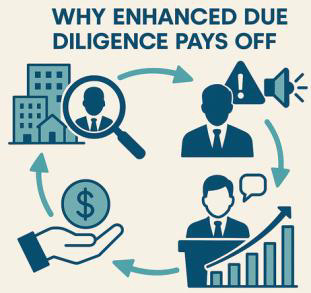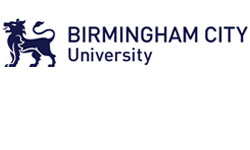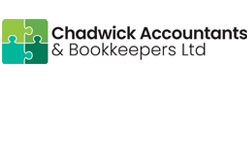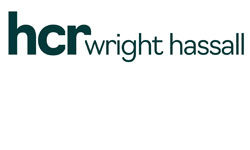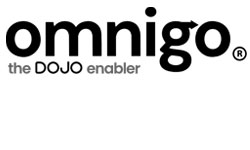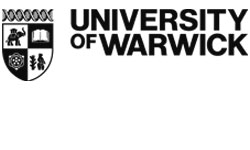However, the European firm’s due diligence process was limited to a company registration check and a few informal references. No enhanced due diligence (“EDD”) was conducted on the ownership, financial history, or political exposure of key stakeholders.
The Problem
Within eight months, the partner was embroiled in a corruption scandal involving local procurement officials. Media reports uncovered allegations of bribery, falsified invoices, and improper political donations. More critically, it was revealed that one of the directors was a former government official still subject to conflict-of-interest scrutiny.
The European company found itself publicly associated with the scandal. Several of its contracts were suspended, and it became the subject of an investigation by its home country’s Serious Fraud Office under anti-bribery laws.
The Cost
- Legal & Investigative Fees: Exceeded €750,000;
- Project Delays: Halted three multimillion-euro developments;
- Reputation Damage: Lost out on a major EU infrastructure contract; and
- Governance Audit: Triggered a full review of third-party risk procedures.
All of which could have been largely avoided through proactive enhanced due diligence.
A Better Path: Learning from a Success Story
In contrast, a UK-based fashion brand expanding into Southeast Asia took a different approach. Before engaging a sourcing agent in Bangladesh, they commissioned an EDD report via a compliance intelligence firm.
The investigation uncovered:
- The agent’s family member had previously been sanctioned by the US authorities for textile fraud;
- The company had recently changed its name after a failed government audit; and
- Local labour standards at subcontracted facilities were under scrutiny.
This discovery enabled the brand to step back from the deal, saving themselves considerable expense and exposure to potential legal risk. They later partnered with a vetted supplier that met all their requirements whilst having an unblemished record.
So what does Enhanced Due Diligence look like?
It is often performed using tools like WorldCheck, LexisNexis, or via a specialist firm such as GWCI who have local knowledge and expertise. The structure you can expect as part of the review will usually include some or all of the following:
- Corporate structure tracing and beneficial ownership checks;
- Sanctions & PEP screening (Politically Exposed Persons);
- Adverse media and litigation database checks;
- On-the-ground verification or social audits; and
- Analysis of ESG, labour, and sourcing practices.
What Controls can be put in place to Mitigate any Risks?
Segment Partners: Use a risk matrix to determine which partners require EDD based on the country they operate, the transaction value, service provided or product type.
Automated Screening Tools: Use platforms to check for sanctions, financial crime, and reputational risks across global databases. Idal if you have a large client base but limited in terms of the depth of detail that can be provided.
Onboarding Questionnaires: Request ownership declarations, certifications, past litigation disclosures, policies including code of conduct for example when onboarding a new partner, this may give you a little comfort but certainly not foolproof.
Contractual Safeguards: Consider including audit rights, compliance clauses and termination provisions for breach of law.
Annual Re-screening Protocol: Compliance is not ‘one-and-done’ so consider scheduling a re-screening of high risk partners annually or during major events like ownership change based on the risk matrix above.
Training: Ensure those engaging with international partners understand what red flags to look for and how to escalate concerns.
Why It’s Worth the Effort
In 2025, regulators and customers alike expect more than baseline compliance. Investors are asking tougher questions and Governments are enacyin supply chain due diligence legislation to ensure companies know what is going on and who they are dealing with whilst the media and whistleblowers are increasingly uncovering misconduct faster than anyone.
EDD isn’t just risk avoidance, it is risk intelligence and by investing your time and effort before onboarding a partner it could potentially pay you back tenfold by mitigating against:
- Legal exposure;
- Reputational damage;
- Lost contracts;
- Internal distraction; and
- Long-term partner trust.
Conclusion
When trading overseas, the temptation to move quickly can be strong. But as these examples show, what you don’t know can hurt you. EDD isn’t just best practice, it’s a strategic safeguard. For UK exporters and global operators, the investment in enhanced due diligence is no longer optional it is essential!
At GWCI, we specialise in helping businesses navigate the complexities of international trade by providing tailored enhanced due diligence services that go far beyond basic background checks. Whether you're sourcing new partners overseas, entering emerging markets, or responding to regulatory pressure, we deliver deep investigative insight into ownership structures, political exposure, reputational risks, and ESG compliance.
Our team combines global research capabilities with local intelligence, enabling you to make confident, risk-aware decisions. From one-off due diligence reports to full third-party risk management frameworks, GWCI can help you protect your reputation, comply with evolving laws, and build resilient global partnerships.
Contact us now for a no obligation discussion on how we can help.
Website: www.gwci.uk
Contact: Graham Welland (CEO) at [email protected]

